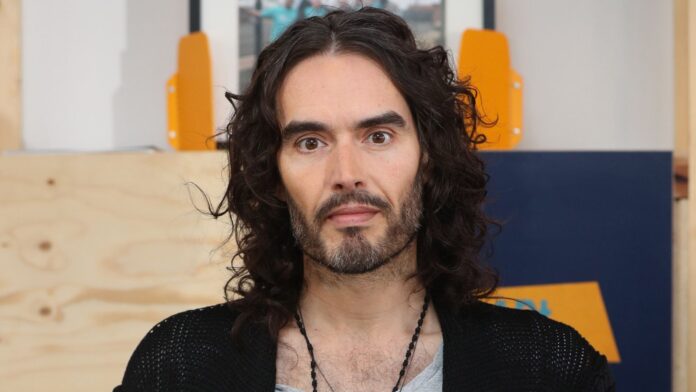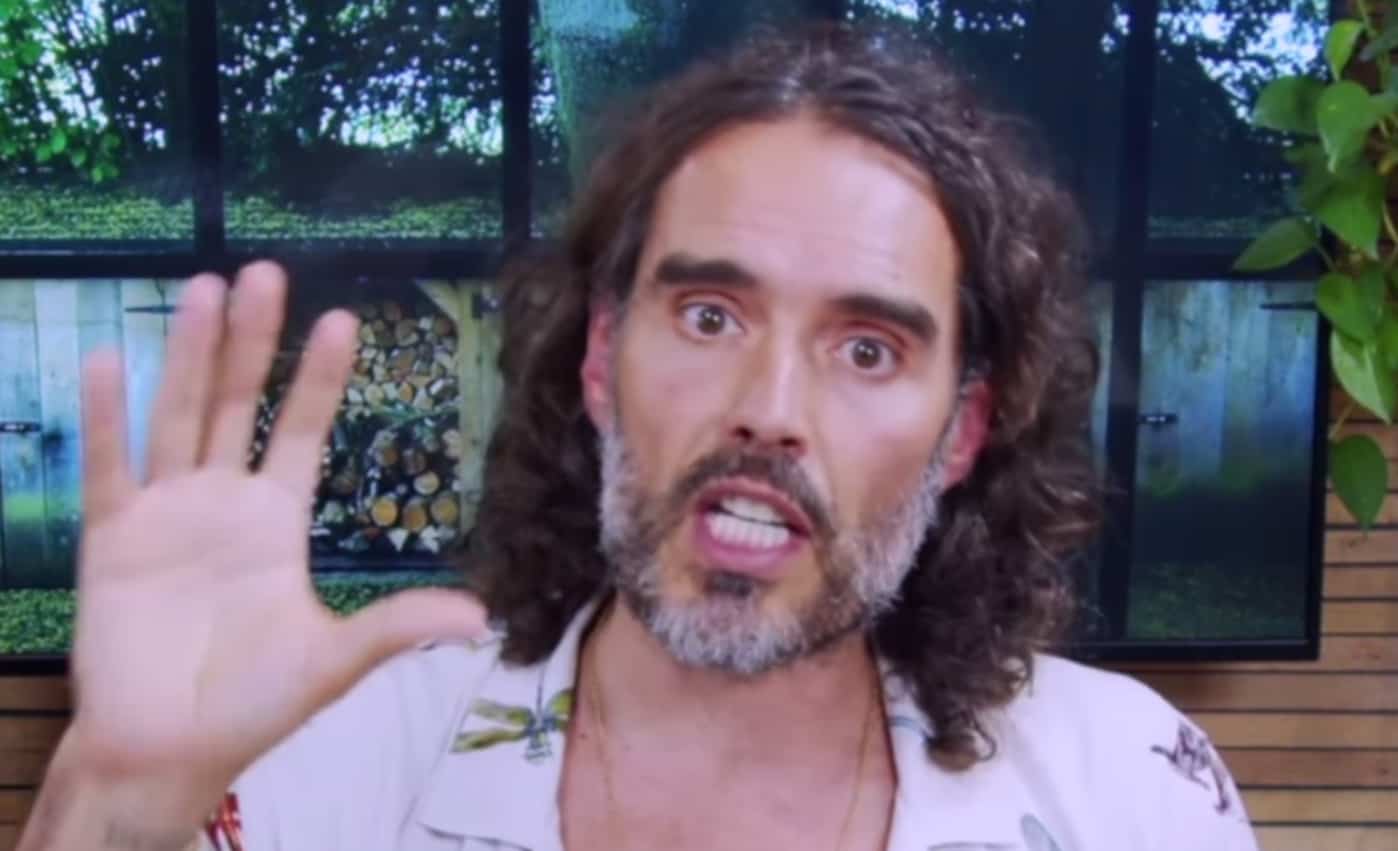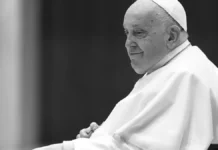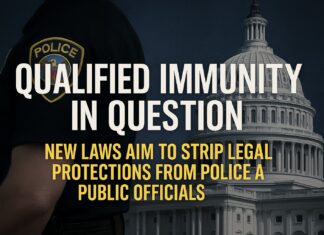
Russell Brand has been formally charged by the Metropolitan Police with rape, oral rape, indecent assault, and two counts of sexual assault involving four different women. These allegations stretch between 1999 and 2005. He is due to appear at Westminster Magistrates’ Court on May 2. Authorities say he is currently believed to be in the United States. Extradition remains a possibility if he does not return voluntarily.
The case follows months of pressure from coordinated media efforts involving Channel 4’s Dispatches, The Times, and The Sunday Times. The police investigation began shortly after those outlets ran a joint exposé in September 2023.
Breakdown of Charges
- In 1999, Brand is accused of raping a woman in Bournemouth.
- In 2001, another woman reported an indecent assault in Westminster.
- In 2004, a third woman alleges she was orally raped and sexually assaulted.
- A fourth woman accuses Brand of sexual assault between 2004 and 2005.
The Metropolitan Police confirmed support for all women involved. A special team of trained officers continues to provide assistance. The investigation remains open.
Parallel Timeline: Mainstream Exit and Rise on Alternative Platforms
What stands out is the timeline. The accusations publicly resurfaced and escalated right as Brand hit a new peak of influence outside traditional media.
He walked away from conventional broadcasting years ago. Since then, he built a massive audience on YouTube and Rumble, where his content took a sharply critical tone.
He called out Big Pharma. He questioned war motives in Ukraine and the Middle East. He pointed fingers at media giants, political alliances, and surveillance programs.
He hit globalism hard. He unpacked financial corruption and elite hypocrisy with blunt, direct language.
Millions tuned in every week. His videos regularly pulled over 500,000 views. Some crossed one million within days.
Platforms like YouTube gave him the kind of reach usually reserved for legacy outlets. Rumble welcomed him as one of its most high-profile voices.
That growth did not go unnoticed. Mainstream media outlets painted him as dangerous. He was accused of spreading “misinformation,” despite citing published government reports, declassified documents, and peer-reviewed sources.
By 2023, his name had become almost unmentionable on mainstream talk panels unless paired with ridicule or concern.
Media Campaign or Justice?
The coordinated effort behind the original reports did not feel organic. It involved simultaneous releases across TV, web, and print—tied directly to a police investigation that followed days later.
That timing matters.
In a healthy justice system, every victim deserves full protection and every claim deserves full attention. But the media does not function like the courts. It shapes public opinion before a trial ever begins. When outlets coordinate, the goal usually goes beyond information—it aims to lock in a narrative.
Russell Brand’s content did not violate laws. He exposed contradictions in state policy. He gave voice to viewpoints that corporate media buried. He interviewed doctors, veterans, and journalists who had been pushed out of their professions for asking difficult questions.
By early 2023, he had become a threat to centralized control. That alone does not prove any conspiracy. But when powerful figures face legal consequences at the exact moment they reach peak influence, patterns must be acknowledged.
Two Realities Can Coexist
It is possible that the allegations are real and that Brand harmed people. If true, the victims must be fully heard and protected.
It is also possible that the charges were revived and publicized now for strategic reasons. Brand’s growing popularity had become too large to ignore. His audience trusted him. He bypassed filters. He disrupted comfort zones. That always draws consequences in systems that do not tolerate defiance.
None of this proves guilt or innocence. It proves that justice does not exist in a vacuum.
Closing Note
Russell Brand will now face a court. That process must be fair. It must separate facts from feelings, evidence from emotion, and law from influence.
At the same time, the public must not ignore how power moves behind headlines. Brand stood at the intersection of truth-seeking and rebellion. He rejected media conformity. He confronted the permanent political class.
Those actions came with a price.
His guilt or innocence will be determined in court. But the fight for open discourse already stands on trial.
The world is watching.
Disclaimer
The content above reflects a professional and journalistic examination of a developing legal case involving public figure Russell Brand. All individuals are presumed innocent unless proven guilty in a court of law. The discussion includes both factual reporting and reasoned commentary, rooted in publicly available information and timelines.
The analysis aims to consider multiple perspectives, including legal, media, and societal dimensions. No conclusions are drawn about guilt or innocence. The intention is to inform readers while acknowledging the seriousness of the charges and the broader context surrounding the case.
We encourage all readers to follow official proceedings and remain guided by evidence presented through due legal process.

















